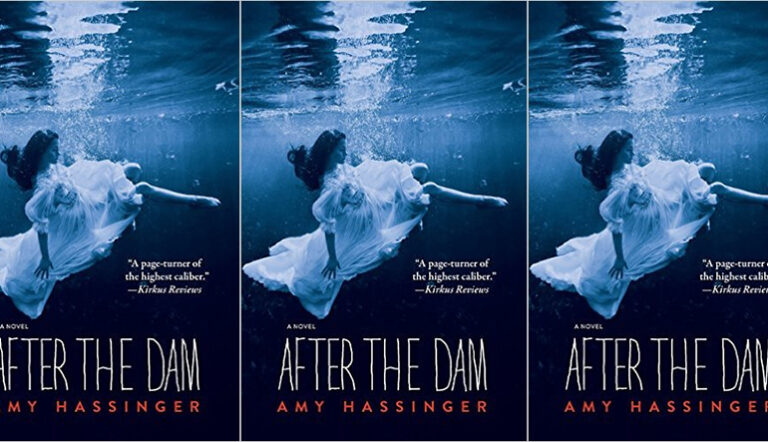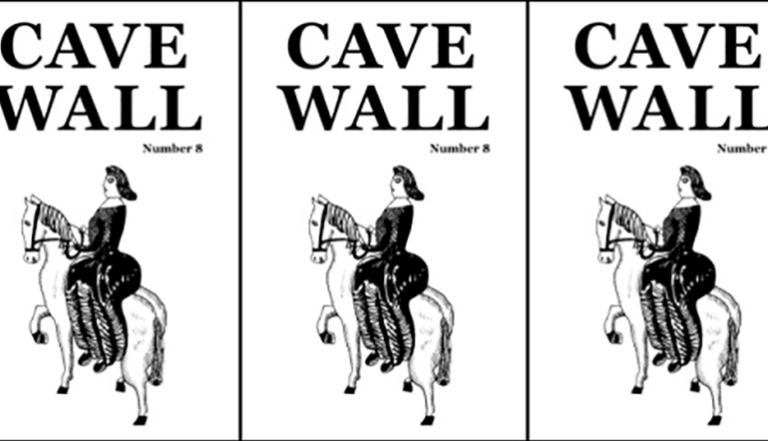From the Slush Pile: Cover This
 Let’s talk about cover letters. I know, I know: exciting, right? But remember what mom said: first impressions matter. So here’s a piece of advice: keep your letter professional and succinct. A reader and editor wants to know who you are, your publishing credentials (if any), and the name of your submission. What we don’t want is a synopsis of your story. Or, “this is a true story, but I changed the name of my Aunt Sally so I’m submitting it as fiction.”
Let’s talk about cover letters. I know, I know: exciting, right? But remember what mom said: first impressions matter. So here’s a piece of advice: keep your letter professional and succinct. A reader and editor wants to know who you are, your publishing credentials (if any), and the name of your submission. What we don’t want is a synopsis of your story. Or, “this is a true story, but I changed the name of my Aunt Sally so I’m submitting it as fiction.”
Why do we want to know about publishing credentials? Only for the screening process. Remember we receive approximately 11,000 submissions a year. Authors who have been published in Ploughshares—whether it was a year ago or forty—get sent right to an editor. Those with substantial publications under their belt get sent to a senior reader. What do we mean by substantial publications? A book or two, or publication in a number of top-tier literary journals. (Just so you know, pass-ons from slush go right to an editor just like pass-ons from notables.)

So, for those of us without top-tier literary journals littering our bios, it goes back to what I have been saying from the beginning: you have to play to win. If your story is good, not having those credentials should never stop you from submitting. Ploughshares and every other journal out there wants to discover new talent.
But also, writing the cover letter should never be that last hurdle that stops you from submitting. I’ve met plenty of writers who rely on the inability to draft a cover as an excuse to not submit. I’m not buying it. In a pinch, it looks like this:
Dear Ploughshares:
Enclosed please find my (fiction/poetry/nonfiction) submission, (insert title here) for your review.
Thank you for your time and consideration.
Sincerely yours,
(author)
If you have more to say, we’ll read that too, if it’s relevant—but the reality is we want to get to your story. When the cover letter is too cute or lacks professionalism it can be off-putting. And you saw the numbers, you want your reader to be excited about your piece, not overwhelmed by your cover letter.
You’re a writer. The cover letter should be the least of your worries. Remember it is a quick professional introduction. Always put your best foot forward and then blow us away with your story, essay or poem.


